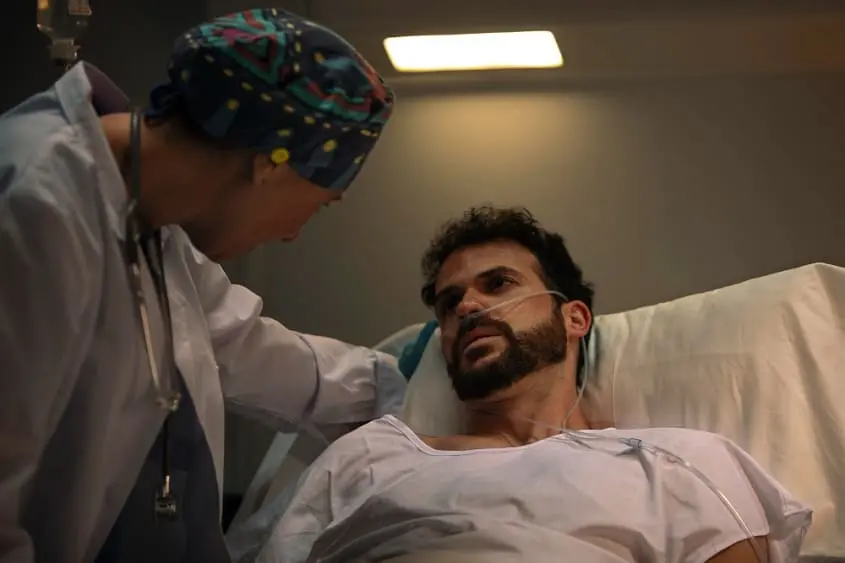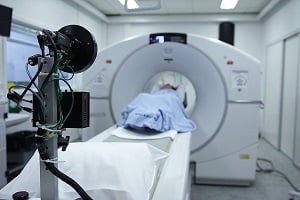Care Through Pancreatic Cancer Final Days
- Updated on: Jul 10, 2024
- 2 min Read
- Published on Feb 5, 2020

Understanding Symptoms of Pancreatic Cancer
When any type of cancer reaches its advanced stage, it becomes difficult to treat the condition. In case of pancreatic cancer, it is initially hard to be diagnosed and therefore, early screening and diagnostic techniques are recommended.
If pancreatic cancer has spread to various parts of the body or has advanced to its later stages, the symptoms in individuals gradually change with time. According to the changes in symptoms, the medical procedures to treat the patients also are modified.
Every individual may not experience same symptoms and the management of pancreatic cancer symptoms may also vary accordingly.
End-Stage Care for Pancreatic Cancer Patients
Pancreatic cancer patients’ health degrades very quickly as the stage progresses and in some cases, the patient may not even understand that the end is close.
Some common changes which a person can observe in patients during end-stage pancreatic cancer are sleepiness, not eating proper meal, change in breathing, withdrawing from gathering, vomit or stool with blood, etc, worsening weakness and exhaustion, cool skin that may turn a bluish, dusky color, especially in hands and feet, tendency to drift in and out of consciousness, etc.
What Happens When a Person Enters End-Stage of Pancreatic Cancer?
When a person suffers from pancreatic cancer, he undergoes physical and mental pressure.
As for the physical pressure, the body function gradually reduces and finally the process of shutting down starts. Such changes may not cause any issue and the patient may also not need any medical emergency procedures as the body naturally sets itself to not function.
The mental pressure and trauma a cancer patient faces lead to the process of dying. The feel of “let go” is hard for the patient to absorb as he understands that he has no other way to save himself. With the body, the spirit to live also deteriorates. It, then, becomes the responsibility of the caregivers to encourage and support the patient to live more and push themselves to live more.
When a patient is emotionally drained, he may not feel the comfort of the natural process, while if he is emotionally ready, it will be easier for him to be released.
How Can Care be Helpful in Final Days of a Pancreatic Cancer Patient?
Managing symptoms become so much easier for a pancreatic cancer patient with the help of a caregiver. Palliative care is given to the patient to live as long as possible as it provides patients with emotional, physical, and spiritual support.
Genetic counselling is also one important part during the treatment and care of the pancreatic cancer patient as family heredity can be one cause of the occurrence of pancreatic cancer.
Small gestures such as taking care of the medicines of the patient, taking care of primary physician care, consulting the doctor for the patient, maintaining the diet of the patient with the help of a dietician, taking care when a person is completely at bed and suffers for situations such as involuntary frequent urination, inability to consume solid food, inability to change body position, etc can be helpful in managing the patient needs.
Sometimes, family members of the patient also need assistance to understand the situation. Supporting them when their loved one is close to death is also care. Providing your precious time to the patient and his family can be so comforting in such situations.











